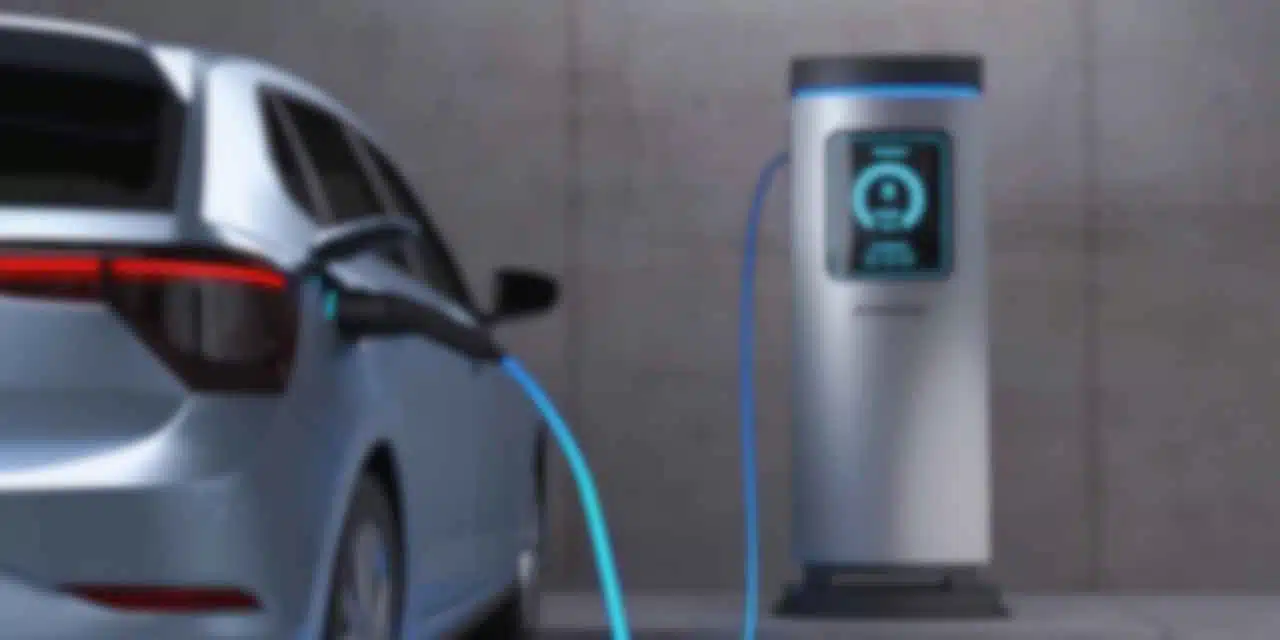17 US States Initiate Legal Battle Against Trump Over EV Charging Funds
Legal action has been initiated by 17 American states, inclusive of New York, against President Donald Trump’s administration. The claimants argue that the Trump administration has illicitly withheld billions of dollars in funds dedicated to the expansion of electric vehicle (EV) charging stations. This action, unveiled as a federal lawsuit on Wednesday, follows the directives given by the Trump administration in February that instructed states to halt funds expenditure on EV charging infrastructure.
This controversial instruction was viewed as a part of a larger effort by President Trump to repeal a number of environmental policies that his Democratic predecessor, President Joe Biden, had implemented. The EV charging station program had been proposed by the Biden administration, intending to allocate $5 billion over a five-year period to various states to strengthen their respective EV charging infrastructure. It is estimated that $3.3 billion of the anticipated funds had already been granted.
The lawsuit has been spearheaded by the attorneys general hailing from California, Washington, and Colorado, who are contesting the Federal Highway Administration’s jurisdiction to suspend these funds. These figures contend that, as the monetary resources in question were approved by Congress and organized under the Bipartisan Infrastructure Law in 2021, the allotment of these funds falls under their authority instead.
The California Attorney General highlighted that the allocated resources were meant to ‘shape the future of transportation,’ arguing that the Trump administration demonstrated a ‘short-sighted’ approach by revoking these funds. There has so far been no public comment from the U.S. Department of Transportation in regards to the current lawsuit.
Motorintelligence.com reports that EV purchases accounted for nearly 8% of U.S. new car sales in the previous year. Though the growth rate of the EV market has somewhat decelerated, these figures indicate a slowly but surely growing consumer interest in electric vehicles. Industry leaders continue their fight to persuade mainstream consumers about the viability of electric vehicles.
It was believed that this program would aid in easing potential concerns while erecting infrastructure on highway corridors before branching out to other locations to provide more comprehensive coverage. States with projects already commenced under this program have reportedly been reimbursed by federal funds allotted during Biden’s administration. However, some states are still in the phase of securing contracts for their prospective EV charging sites.
Withstanding these steps towards expansion, there have been significant obstacles prolonging the electric charging station installation process, such as contractual complications, detailed electrical upgrade requirements, and delayed permit approvals. Many stakeholders expected that numerous states would take legal action against federal efforts to minimize the EV charger development endeavor.
For instance, one state claimed over $175 million in federal grants through this program. However, amid the ongoing controversy, $120 million allocated for this state’s projects is currently being retained by the Trump administration. A common concern for potential EV customers is the insufficiency of convenient charging stations, which may act as a deterrent for investment in an EV.
Those living in multi-tenant buildings or rural areas, in particular—commonly referred to as ‘charging deserts’—struggle with reliable access to charging infrastructure. The same issue applies to individuals who cannot find charging facilities close to their workplaces or those regularly traversing long highway routes. The shortage of charging infrastruture may be a primary concern for such individuals.
The California Government alleged that withholding the funds, earmarked for this cause, is illegal. Furthermore, they claim this refusal could undermine thousands of employment opportunities across the U.S., shifting the global competitive edge to China. President Trump’s decision to withdraw funding for the EV charging stations is just one component of a larger effort to undermine environmental policies established under his predecessor, Biden.
In addition to reinforcing the fossil fuel industry, federal agencies under the Trump administration have made efforts to obstruct the implementation of numerous environmental regulations. A few policies aim to overturn vehicle-emission rules and ban the sale of new gas-powered cars in California by 2035, creating tension between state and federal governments.
It was reported last week that the U.S. House had put forth proposals aimed at preventing California from enforcing vehicle-emission restrictions, instigating a potential clash between state and federal authority. The Senate parliamentarian refutes the argument that these proposed policies are open to the review mechanism currently used by the House, further accentuating the complexity of this issue.
In conclusion, the lawsuit led by the 17 American states, including New York, indicates a broader contestation between President Trump’s administration and its attempts to roll back environmental policies, with states seeking to maintain and advance green initiatives. All eyes will now be on the judiciary system to see how this battle for clean, renewable energy unfolds.


